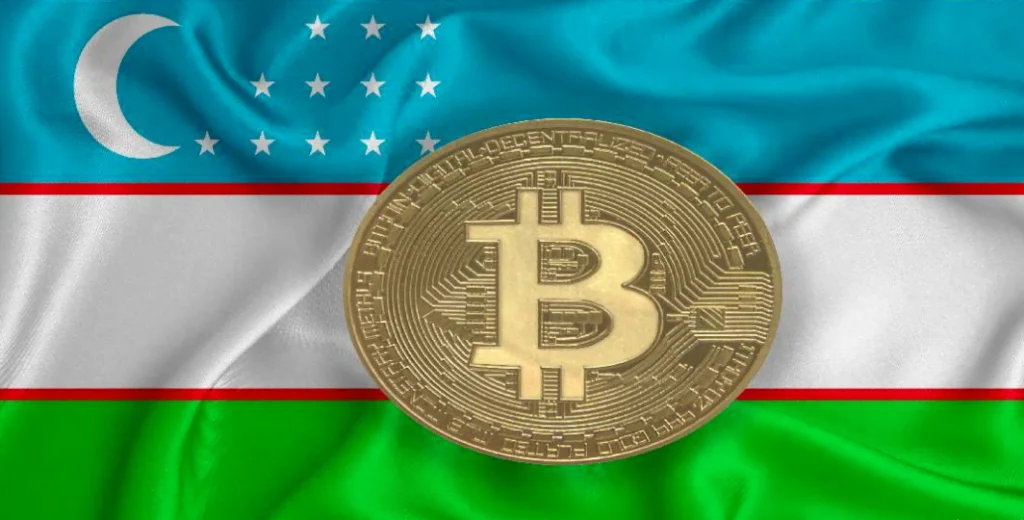Uzbekistan’s government has already taken a stance on cryptocurrencies, by prohibiting access to several major international crypto exchanges in the country due to claims of unauthorized activities.

The National Agency of Perspective Projects (NAPP) in Uzbekistan announced in a statement dated August 10 that access to “different electronic platforms” that offer services for the trade and exchange of crypto-assets without acquiring the necessary license in violation of the law was banned.
The tone of the statement, however, suggested that there shouldn’t be any additional barriers to foreign exchanges offering their services once they have obtained a license and fulfilled the legal criteria to set up servers on Republic of Uzbekistan soil. Right now:
“They have no legal responsibility for transactions with crypto-assets, and cannot guarantee the legitimacy of transactions, as well as the proper storage and protection of confidentiality of personal data of citizens of the Republic of Uzbekistan.”
The presidential decree dated July 3, 2018, titled “On measures to develop the digital economy and the area of crypto-assets turnover in the Republic of Uzbekistan,” is the current law that is being discussed.
Shavkat Mirziyoyev, the president of the republic, issued a decree on regulating the industry at the end of April 2022, assigning the newly formed Agency the task of adopting a “special crypto regulation regime” in Uzbekistan. This is how the NAPP came to hold the position of the primary crypto regulator in the nation.
The NAPP announced in June that it will only permit businesses to mine Bitcoin (BTC) or other cryptocurrencies in the nation if they also use solar energy.
A certificate and registration in the national registry of cryptocurrency mining enterprises were also requirements of the presidential order for any mining operator.
The international exchanges that were used by Uzbek cryptocurrency investors included Binance, FTX, and Huobi.
